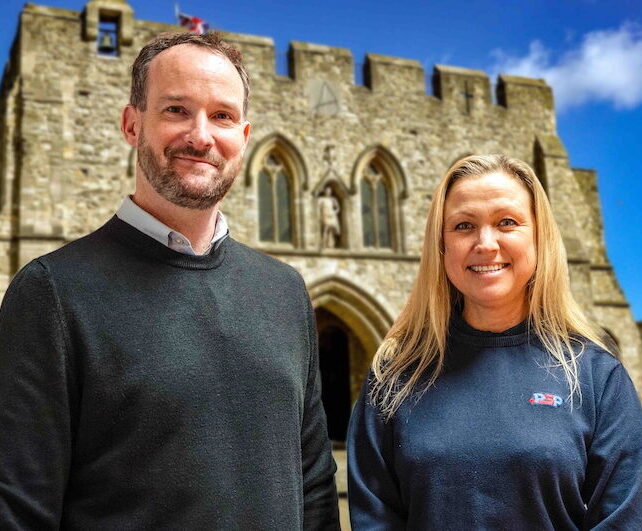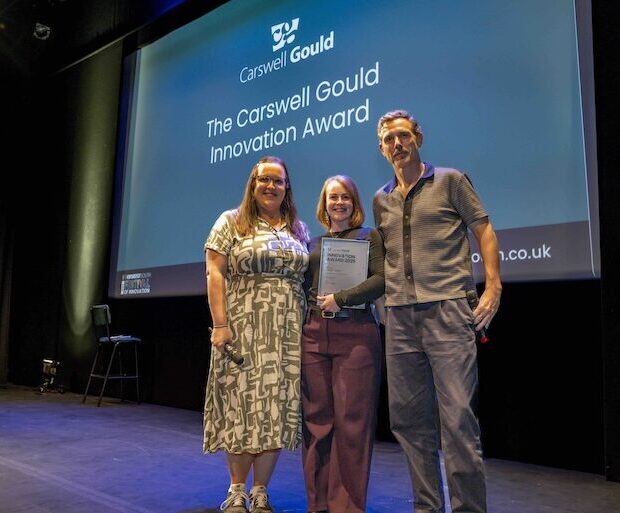We recently shared our first steps towards becoming a more sustainable business, and we shared with you our guiding principles: how we think about the company and where we want it to go. And it’s not always to do with money, but whether we’re ultimately a force for good in the world.
However, we want to go beyond standing by our principles and actually bring them to life, creating something we’re proud of. You can read all about our process and where we’ve got to in our blog here.
For more and more of us, sustainability is an increasingly important issue, especially as the impact of climate change becomes more pronounced every year. Sustainable business practices are more critical than ever for business owners and directors. Did you know that research by NASA has revealed that it’s 95% likely that human activity is the cause of rising temperatures? Human industry plays a massive role in climate change because we rely on the land, fossil fuels, resources, and non-stop consumption.
Although we should all be looking for ways to reduce our consumption, did you know that considering the environment and being a business that engages in eco-friendly and sustainability practices isn’t only the right thing to do, it’s become a brand value that appeals to an ever-growing portion of customers?
As Millennials and Gen Z become the economy’s driving force, appreciation for socially responsible corporations and sustainably conscious brands increases. According to research, 85% of Millennials and 80% of Gen Z rank the environment as the most crucial factor when deciding where to spend their money.

So, if your brand isn’t looking for more eco-conscious opportunities, for instance, looking at your waste reduction or energy consumption, then you could be missing out on an entire consumer group, as they prefer to buy from socially responsible and sustainable companies that align on values.
What’s Corporate Social Responsibility (CSR)?
Corporate social responsibility can come in many different forms, from being greener to charitable or community-led initiatives. Even the smallest businesses can make an impact.
Corporate social responsibility might look like this:
- Reducing carbon footprint
- Improving staff policies
- Joining Fairtrade initiatives
- Charitable giving or volunteering
- Positive environmental policy changes
- Making investments in social and environmental organisations
The more socially responsible the company is, the more supportive and loyal its community and consumers become. Brands choosing to do what’s right for the planet have a positive impact and build customer trust.
Who can improve business sustainability?
We can all take steps to live, work, and travel more sustainably outside of work. We can use our purchasing power to vote with our money and encourage businesses to adopt greener practices.

And whilst we all have our part to play in improving sustainability in industry, there are some people who are in more substantial positions to create effective change:
- Business owners – making changes through an organisation takes leadership and power to make effective top-down sustainability decisions that benefit the business and the planet.
- Managers and supervisors – heads of departments, managers, and supervisors all have unique insights into the business’s daily operations. And because of their hands-on role, they have a different perspective and can explain the challenges/benefits.
- HR department – Although being sustainable typically suggests how green or eco-conscious your business is, your HR department can also play an essential role in developing and implementing business-wide sustainability policies. If your HR team is on-board, they can help ingrain policies into company culture and create a lasting impact.
- Employees – Don’t underestimate the valuable insights from your team. For example, did you know that an employee at the PG Tips factory reduced the waste of 9.3 tonnes of paper by suggesting a change to the size of the teabag? By reducing the teabags by just 3mm, 15 huge reels of paper could be saved every shift. Since its implementation in 2015, this factory-floor suggestion has resulted in savings of almost £40,000 and 9.3 tonnes of paper. Encouraging employees to speak up with their thoughts could contribute hugely to both sustainability and profits.
The benefits of increasing your sustainability efforts in business
As well as being good for the environment and society, it’s also great for your business. Here are just a few of the benefits of operating a business with sustainable policies:
Reduce business costs
Although making changes to your business and processes could cost more initially, you’ll see the benefits and savings over time. Over a decade, clients of the managed service provider Elytus saved over $11 million through sustainable waste management and transparency. In addition, you can reduce business costs by using more efficient lighting or reusing materials.
Improves your business reputation
As we said previously, 85% of Millennials and 80% of Gen Z rank the environment as the most critical factor when deciding where to spend their money. We can see this in play with Lego; after Lego announced its plans to use sustainable materials for all its core products and packaging by 2030. As a result, the company’s reputation has skyrocketed.
Going green shows that your business cares about more than just making money and profits; you care about the planet.
Increases bottom line
By choosing to be more sustainable, you can earn more money and boost your profits. Reduced operating costs, innovative strategy, an enhanced reputation, and new customers who value sustainability can increase your bottom line.
There are plenty of things that we can do to create more sustainable business practices in our businesses. And we hope that we’ve shown you that adopting more green policies isn’t only good for the planet but also for your business, attracting a broader customer base and demonstrating that you’re also a force for good in the world.
We’re still relatively near the beginning of adopting more sustainable methods and approaches within Carswell Gould, but if you’d like to know more about our journey or you’d like help implementing changes within your own business, get in touch via the form below.
Take the next step in digital marketing transformation.
As a business leader, you know the importance of staying ahead of the game in today’s digital world. Don’t get left behind, take the next step in your digital marketing journey with us. Whether you’re looking for advisory and consultation, workshops and evaluations, or data-driven marketing technology, we’ve got you covered. Fill out the form below to schedule a consultation with our team and see how we can help drive your business forward.




